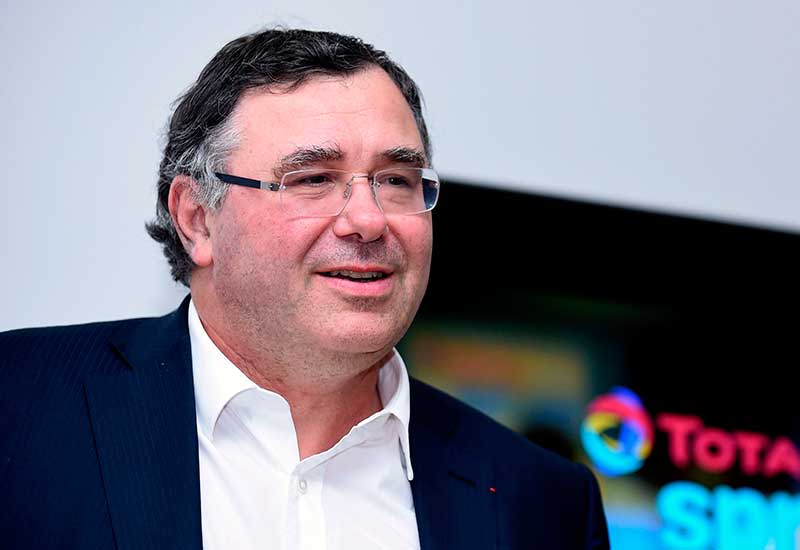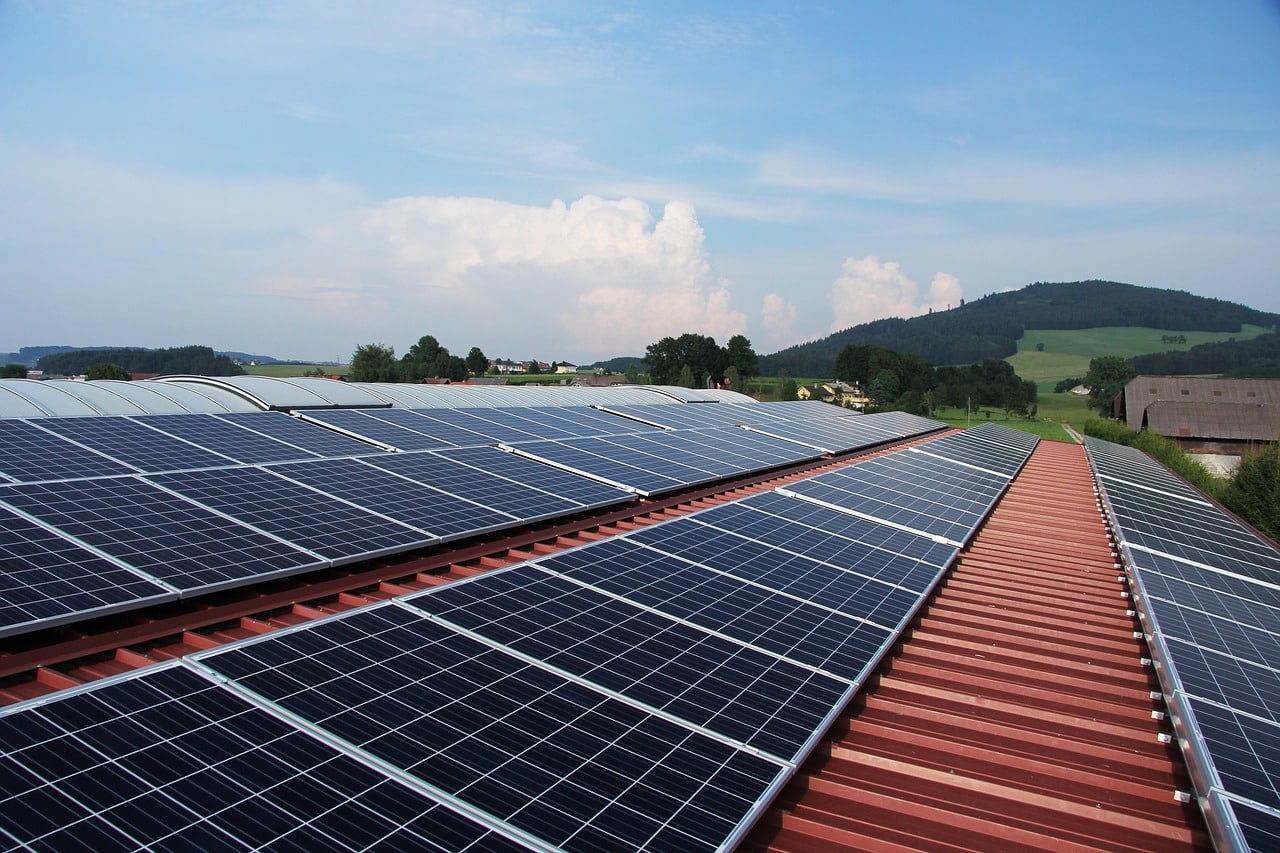The African Petroleum Producers Organization (APPO), the pioneer of Africa Energy Bank (AEB), has appointed global consulting firm PWC as the project management headquarters for the bank in Abuja, Nigeria.
This marks a significant step forward in the establishment of the long-awaited development financial institution focused on supporting Africa’s energy sector.
The announcement was made during the Congo Energy & Investment Forum (CEIF) in March, where Omar Farouk Ibrahim, the Secretary General of APPO, discussed the bank’s progress and outlined plans for its future.
Ibrahim shared that Nigeria is working to complete the AEB’s headquarters in line with the project’s specifications.
He mentioned that APPO had also finalized and signed the bank’s charter, which defines the governance structure and operational framework of the institution. “With the treaty now in effect, we have secured sufficient funding to launch the bank,” Ibrahim noted.
He added that the AEB’s operations would commence as soon as the headquarters building is finalized, signaling a critical moment in Africa’s pursuit of energy security and development.
Funding and ownership structure
In terms of financing, Ibrahim revealed that three APPO member countries Nigeria, Ghana, and Angola have made payments towards the bank’s establishment.
He noted that five additional member states have committed to paying their contributions, and the organization hopes that at least 50% of its members will finalize their payments to help the bank begin operations.
The Africa Energy Bank will operate similarly to other development financial institutions, focusing on energy investments across the continent rather than commercial banking activities.
Ibrahim stated that ownership of the bank would be divided among APPO member states and Afreximbank, with three distinct classes of shareholders.
Class A shareholders will include the founding countries, APPO members, and Afreximbank.
Class B will comprise other African nations that are not APPO members, along with their national oil companies, should they choose to invest.
Finally, Class C will be open to non African investors, excluding sovereign wealth funds, thus allowing companies, individuals, or investment groups to become stakeholders in the bank.
“We are looking for partners who recognize that oil and gas play a crucial role in addressing Africa’s energy security and advancing industrialization,” Ibrahim said.
Collaboration key to Africa’s energy future
During the CEIF, Ibrahim also discussed the growing trend of cooperation between African countries to foster development.
He mentioned that there is increasing recognition across the continent that no single country can succeed in isolation.
He pointed out that strategic partnerships, like those encouraged at the forum, would accelerate the pace of energy sector development and wider economic progress in Africa.








